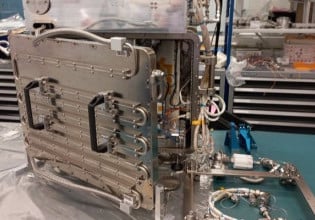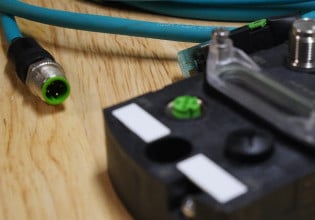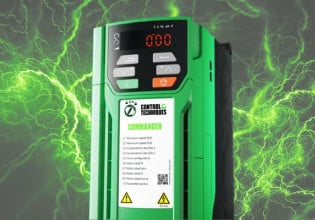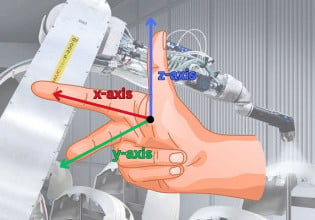S
"There is no such thing as a generator". The electrical people normally gets highly pissed of with me when I ask them this question since it is a bit confusing I think.
All electrical power is generated by a alternator and supply AC, right? Ok so what is a generator? That is also a alternator and the rectification to DC takes place inside the housing of the machine so that it will supply DC as a output instead of AC. So DC cannot be generated by itself like AC and have to be derived from AC so a DC generator as such does not exist.
Can DC be generated in any other way I might be unaware of?
Some opinions on this and maybe some information I might be unaware of about electrical power generation will be appreciated.
All electrical power is generated by a alternator and supply AC, right? Ok so what is a generator? That is also a alternator and the rectification to DC takes place inside the housing of the machine so that it will supply DC as a output instead of AC. So DC cannot be generated by itself like AC and have to be derived from AC so a DC generator as such does not exist.
Can DC be generated in any other way I might be unaware of?
Some opinions on this and maybe some information I might be unaware of about electrical power generation will be appreciated.






